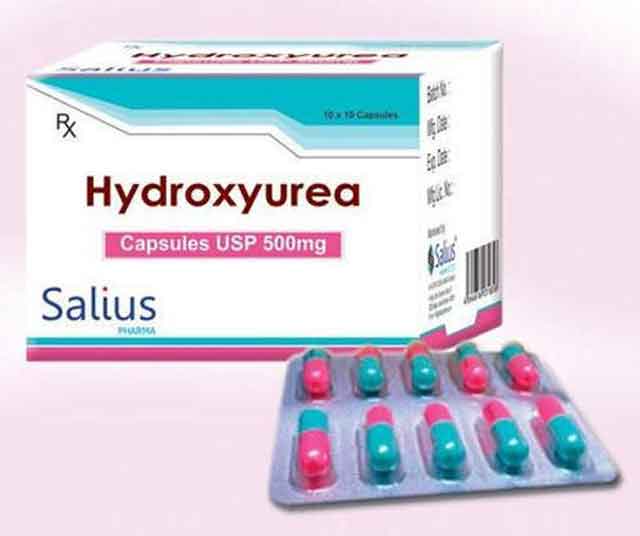
Kampala, Uganda | THE INDEPENDENT | Researchers are calling for open access to hydroxyurea, the only effective drug proven to reduce the frequency of painful episodes among persons with sickle cell disease. They say that the drug should be given to everyone who battles the painful hereditary blood disorder without discrimination.
Currently, the magical drug is strictly given to those who experience multiple crises in the year, those at risk of a stroke and those with acute chest syndrome as per the guidelines by the Ministry of Health.
Dr Robert Opoka, a Makerere University-based researcher says that even the clinical guideline being used currently recommend lower quantities of the drug at 20milligrams per kilogram of the patient, yet higher doses have given better treatment results.
Opoka explains that the drug which is also used in the treatment of cancer patients to the highs of 50mgs per kilogram was given to patients in a study that lasted 18 months. In one arm they gave the recommended 20mgs and the other they gave 28mgs. At the end of the study, those that had higher doses had better health than those that were on the recommended dose.
Opoka who is also a senior paediatrician in Mulago National Referral Hospital says the decision to give 20mls of the drug and the category of people that should be treated with it was made based on the cost and not necessarily the effectiveness. According to experts, one capsule costs between 1500 and 2500 Shillings and the quantity of what a single patient requires per day depends on the severity of the disease and the complications that they may be facing.
Also, the drug has to be used in combination with other cocktails that are recommended for use by the patient including daily intake of folic acid, malaria prophylaxis, pneumococcal vaccination and penicillin prophylaxis.
Dr Gerald Mutungi, the Acting Commissioner for Non-Communicable Diseases in the Ministry of Health said that they are in the process of putting the drug on the list of essential drugs which means that users will no longer worry about the cost as it will be available in government facilities at no cost.
He said being a fairly new drug in the treatment of sickle cell disease in the country, they are still careful about who accesses it and in what quantities. But with more evidence emerging, necessary changes in guidelines will be made for the best outcomes.
However, the price is not the only challenge associated with the drug, Opoka says there are only a few health workers that can administer the drug as recommended following careful analysis of the patient.
Earlier, in June, the Ministry launched the first-ever sickle cell treatment guidelines offering uniformity on what health workers should base on to offer care shifting from the previous approach when treatment interventions were based on individual medical worker’s assessment.
It should be noted however that the drug doesn’t cure the disease but it’s a modifying therapy that increases the lifespan of sufferers, reduces the need for blood transfusions and improves their overall quality of life.
Every year, at least 20,000 children are born with Sickle Cell Disease in Uganda, according to the Ministry of Health figures. 80 per cent of them die before the age of five due to disease complications.
********
URN
 The Independent Uganda: You get the Truth we Pay the Price
The Independent Uganda: You get the Truth we Pay the Price


